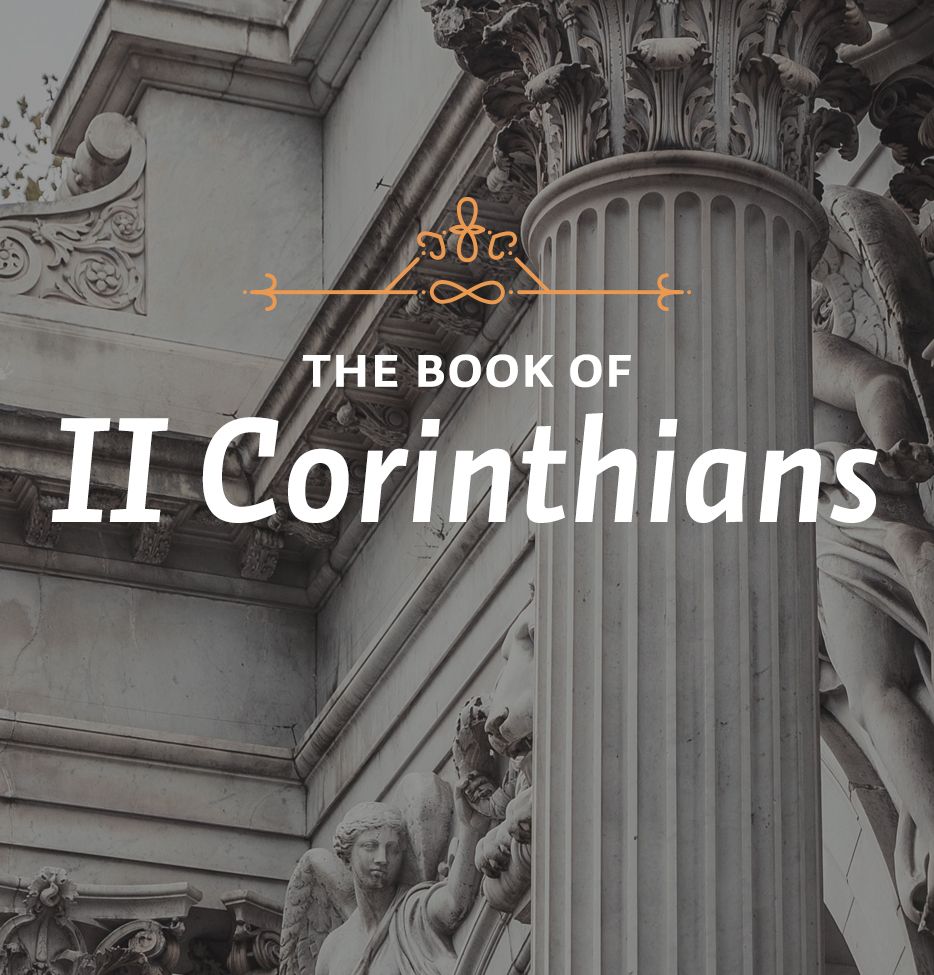Cheerful Givers2 Corinthians 9:6-15Theme: Gratitude.This week’s lessons teach us that we should give willingly, generously, and cheerfully.
LessonThe third blessing Paul mentions in 2 Corinthians 9:8 has to do with the example of God in his giving and our motivation. The very fact that God multiplies back our gifts is to motivate us. We spoke about these three marks of giving – generous, willing, and cheerful. When you begin to think of that in terms of God, it obviously applies. We speak of generous giving, but God is generous – abundantly generous. We talk of willingness – God does not give reluctantly or under compulsion. We talk of cheerfulness – God gives cheerfully.
I wonder if you have really appreciated that about God. Have you ever really been overcome with a sense of God’s generosity to you? That should be true of every Christian. I think if you have never had that experience, you have lost a great blessing. To be able to think over your life and, in prayer to God, say, “Oh, God, as I look at these things, how can I possibly have any complaints about you? How could I ever say, ‘Oh, you did not treat me fairly. You did not give me something that I really thought I should have.’ ”
Or do you say, “Lord, I think of all the trouble I would be in now if I had gotten everything I deserved. You have spared me all those things. In place of that, you have enriched my life. You have given me friends. You have given me a place in your kingdom. You have given me fellowship and an understanding of your Word, and so much that really makes life worthwhile. Thank you, God.” If that happens, if you really have a sense of the generosity of God to you – whether you have much in terms of income, or little in terms of income – if you have ever been touched like that, then it is out of that kind of awareness that you receive the motivation to go out and give to other people from what you have.
There is a second part of this motivation that has to do with God. This is what Paul wrote about in verse 11. He has already said once that God is going to provide for them in every way so they will have all things at all times. He says the same thing in verse 11, but now with a different twist. Paul has not only other people in mind, but also their response to God. Notice what he says:, “You will be made rich in every way so that you can be generous on every occasion. And through us, your generosity will result in thanksgiving to God.”
Specifically, he is talking about the offering of the Gentile churches. That is why he says, “through us.” “Us” includes Paul himself and those who are going to bear that offering to Jerusalem. He is explaining that their generosity – communicated to the poor in Jerusalem “through us” and advertised to those in the capital city “by us” – will result in thanksgiving to God.
In a proper study of Paul’s letter to the Ephesians, an explanation is required of the hostility that existed between Judaism and the Gentile world in that century. The Jews despised the Gentiles, and in response, the Gentiles had very little use for the Jews. Paul here wishes to convey that they are going to demonstrate something that is absolutely remarkable in his time, something that does not take place anywhere else. The Gentiles who were despised by the Jews were going to take up an offering to help them, an offering proceeding directly from the Gentile churches. This offering was to be evidence of the fact that God was at work in them. And those who were to receive it, and perhaps even some of those looking on, would be able to say, “This is remarkable. This is not the sort of thing that comes out of a Gentile heart. We know what those Gentiles are like. This must be something done by God.” And so, thanksgiving will be given to God.
We do give out of compassion, that is true. We should give as Christians just because we see people suffering. We should be wise in our giving. There is a lot of giving that is not wise, and we should be wise. But the great objective of our giving is that glory might be given to God, not merely because we give, but because people who receive those gifts recognize them ultimately as coming from God. We have received generously, and we thank God. Let us give generously and others will thank God, too.
Study Questions
For what purpose does God multiply our gifts back to us?
How is this contrary to the teaching of the “prosperity gospel”?
What is the greatest reason for giving?
ReflectionHave you ever really been overcome with a sense of God’s generosity? Reflect on everything you have – health, food, shelter, family, friends, and most of all, salvation – and you should be overcome.






